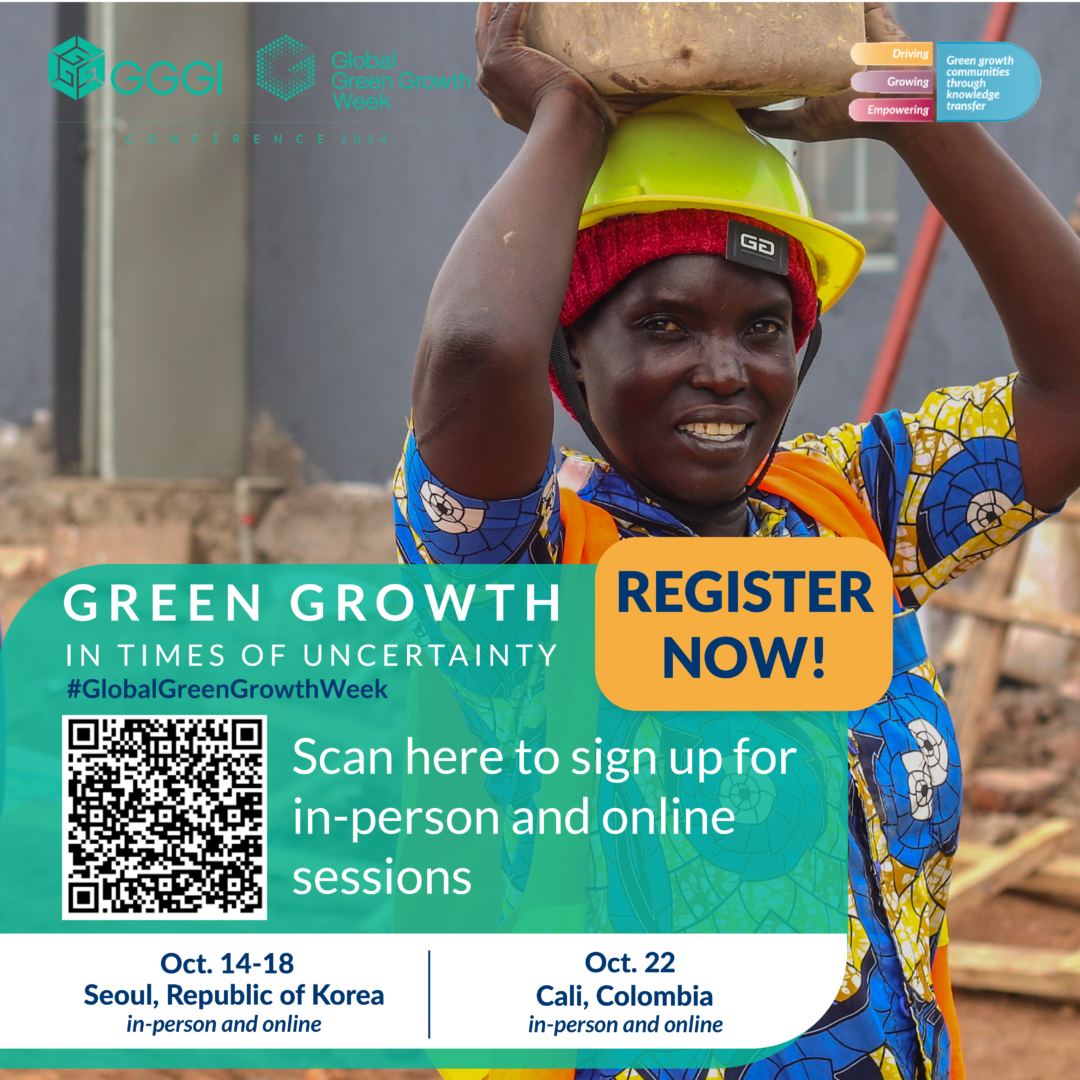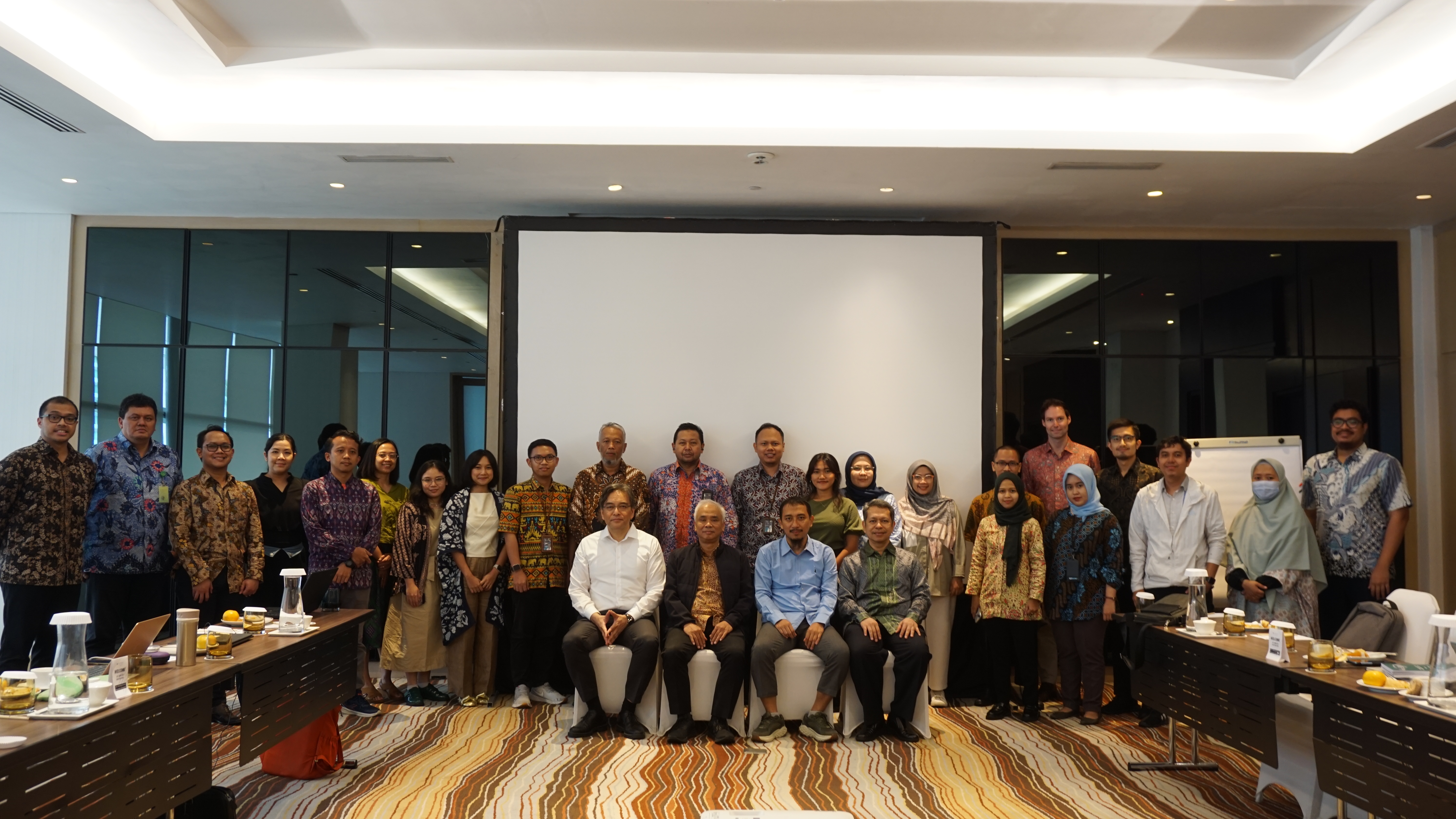Business Plan Coaching Clinics for 3 FMUs in Central Kalimantan
From July to September 2020, the Forestry Office of Central Kalimantan in collaboration with GGGI held a series of online business plan coaching clinics for three Forest Management Units (FMUs), namely the Barito Hulu FMU with rattan handicraft commodities, Murung Raya FMU with pulp commodities from bamboo, and Gerbang Barito FMU with pulp commodities from grey sedge.
The activity was divided into three parts. The first part was a preparation webinar attended by the three FMUs and other forestry-related parties such as the Forestry Offices, the Technical Implementation Units of the Ministry of Environment and Forestry, and several other FMUs from Central Kalimantan, South Kalimantan and East Kalimantan. The second part was a planning webinar to assist the three FMUs drafting a Business Plan. And the final part was a special mentoring session.
The first webinar was held on July 21, 2020 with speakers from the Ministry of Environment and Forestry (MoEF), emphasizing on the important role of FMUs in supporting MoEF to implement the 2020-2024 National Medium-Term Development Plan (RPJMN), particularly the National Priority 1: strengthening economic resilience for quality growth and justice, as well as National Priority 6: is building the environment, increasing disaster and climate change resilience.
The second webinar was held on July 28, 2020 featuring private sector actors and practitioners as speakers to provide business insights to the FMUs. Finally, an intensive online mentoring session was held on September 29, 2020 to provide special assistance to the three FMUs, facilitated by Maurinus K. Harun from the MoEF Research and Development in Banjarbaru, South Kalimantan.
Some challenges in preparing a Business Plan in an online setting include limited access to primary data such as potential raw materials, location, labor availability in the field and availability of electricity in the locations. In addition, participants also had difficulties in obtaining required information from entrepreneurs for business feasibility analysis because of company confidentiality. Several entrepreneurs were willing to provide information when there is certainty on future business cooperation between the FMU and the company. To overcome this, the three FMUs used a lot of secondary data and literature-based assumptions in the development of their business plans.




